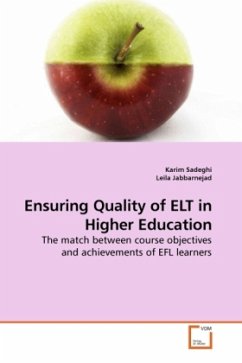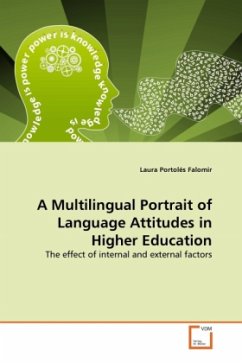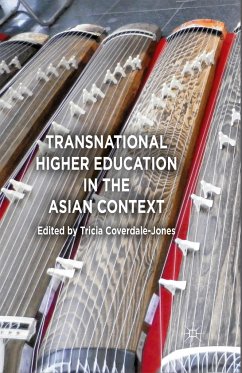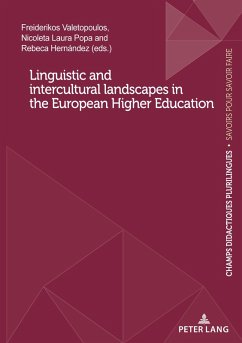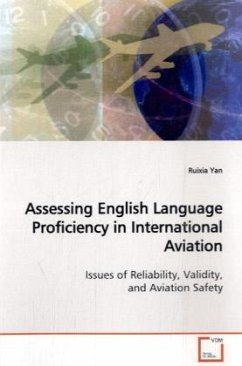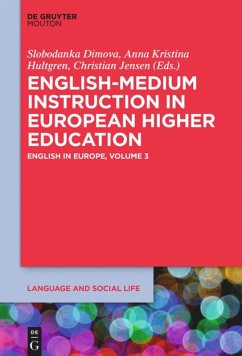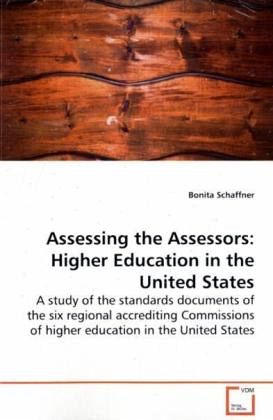
Assessing the Assessors: Higher Education in the United States
A study of the standards documents of the six regional accrediting Commissions of higher education in the United States
Versandkostenfrei!
Versandfertig in 6-10 Tagen
45,99 €
inkl. MwSt.

PAYBACK Punkte
23 °P sammeln!
This work analyzes the rhetoric of the standards documents published on the web by the six regional accrediting Commissions of the United States (2004). Accreditation establishes the legitimacy of the institution being assessed, but in order to be truly effective, the Commissions must be granted legitimacy by those who are expected to accept and implement directives and standards. Therefore, the efficacy of these directives depends upon whether or not stakeholders accept these standards as based on strongly-held epistemological beliefs in regard to the nature of knowledge, how knowledge is acq...
This work analyzes the rhetoric of the standards
documents published on the web by the six regional
accrediting Commissions of the United States
(2004). Accreditation establishes the legitimacy of
the institution being assessed, but in order to be
truly effective, the Commissions must be
granted legitimacy by those who are expected
to accept and implement directives and standards.
Therefore, the efficacy of these directives
depends upon whether or not stakeholders accept
these standards as based on strongly-held
epistemological beliefs in regard to the nature of
knowledge, how knowledge is acquired, what comprises
important or useful knowledge, and how acquisition
of knowledge is best assessed. If educators grant
pragmatic rather than cognitive legitimacy to the
accrediting agency, the result is merely the
compliance necessary to retain accreditation rather
than effective improvement of teaching and learning.
This work analyzes the rhetorical structure of the
texts of the six commission documents in order to
discover the underlying cultural and/or
epistemological beliefs and attitudes of the
Commissions who composed the documents.
documents published on the web by the six regional
accrediting Commissions of the United States
(2004). Accreditation establishes the legitimacy of
the institution being assessed, but in order to be
truly effective, the Commissions must be
granted legitimacy by those who are expected
to accept and implement directives and standards.
Therefore, the efficacy of these directives
depends upon whether or not stakeholders accept
these standards as based on strongly-held
epistemological beliefs in regard to the nature of
knowledge, how knowledge is acquired, what comprises
important or useful knowledge, and how acquisition
of knowledge is best assessed. If educators grant
pragmatic rather than cognitive legitimacy to the
accrediting agency, the result is merely the
compliance necessary to retain accreditation rather
than effective improvement of teaching and learning.
This work analyzes the rhetorical structure of the
texts of the six commission documents in order to
discover the underlying cultural and/or
epistemological beliefs and attitudes of the
Commissions who composed the documents.




